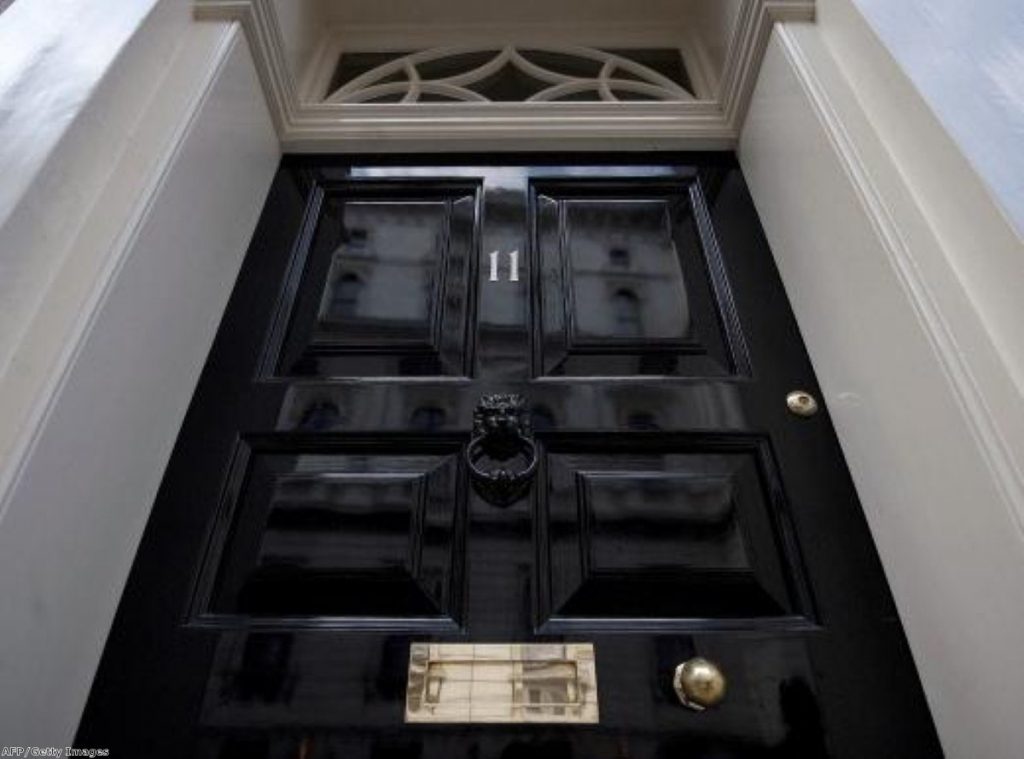More austerity: Grim Osborne ready to target richest and poorest
The richest and poorest in society are set to pay the biggest price of George Osborne's latest tax rises and spending cuts.
The chancellor will combine a major drive to reduce welfare spending with further moves to make the wealthiest pay more in his autumn statement on Wednesday.
Liberal Democrat calls for a mansion tax have fallen on deaf ears, however. Osborne confirmed the proposal, which would have hit properties worth over £1 million, is not going ahead.
Instead the chancellor pledged to make Britain's wealthiest individuals pay more, but did not offer any details about how that would be achieved.


"There is another conception of fairness: the individual that goes to work and the next-door neighbour is living a life on benefits," he told BBC1's The Andrew Marr Show.
"Make the rich pay, but also make sure you're tackling a welfare system which is deeply unfair to working people. We're determined to cut welfare so that work always pays."
Osborne had warned in his March Budget that the total welfare bill would have to fall by around £10 billion to avoid further austerity in other areas of public spending.
Today he rejected the logic of the 50p top rate on income tax as "completely phony", arguing it does not bring in more revenue to the Treasury's coffers, and instead cited taxes on property and restricted tax reliefs as evidence that the coalition was already acting against the richest.
The chancellor added: "I'm very clear going forward, we've got to deal with the deficit. That means more difficult decisions, the richest are going to pay more than they're paying at the moment."
The Office of Budget Responsibility is expected to confirm that Britain's economy has shrunk in the last year, despite quarterly growth in the last three months registering one per cent.
"If you're in a hole, you just stop digging. He's still digging, making it harder for families," shadow chancellor Ed Balls told the same programme.
"In the end, it's about judgement. His judgement has been proved to be woefully lacking."
Balls said Labour backed moves to squeeze Labour spending, but suggested the best way to do this was to improve the broader economic situation.
He attacked the government's growth programme as a "shambles" and said its work programme was "failing".
"The welfare bill is up because inflation was up and long-term unemployment is up," Balls added.
Britain's double-dip recession means it is now unlikely the chancellor will meet his target of reducing the UK's total debts as a share of GDP between 2014/15 and 2015/16.
"It's clearly taking longer to deal with Britain's debts, to recover from the financial crisis than anyone would have hoped," Osborne acknowledged this morning.
"But we've made real progress… and to turn back now would be a complete disaster for our country."
Osborne will announce extra investment in the part of HM Revenue and Customs that tackles tax avoidance by multinational companies tomorrow.

